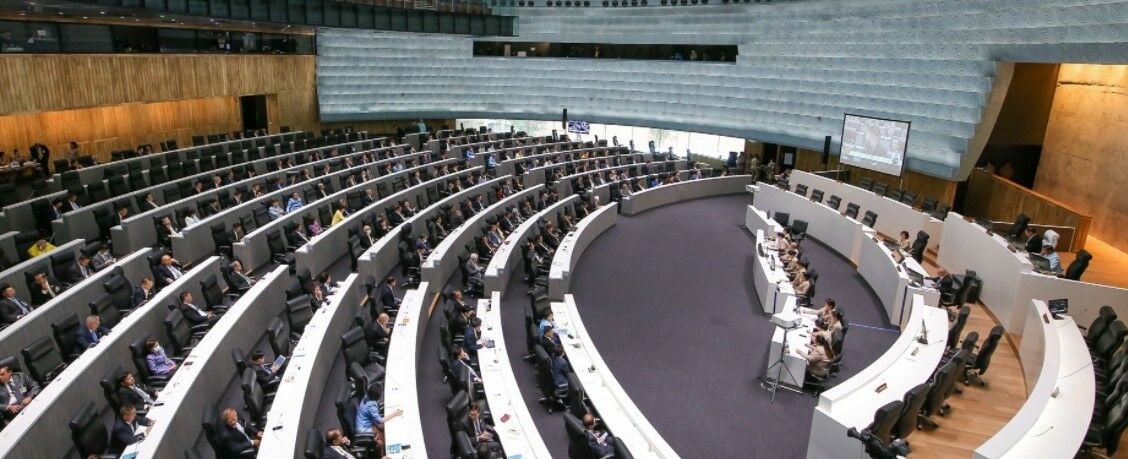Thai Senate to cut standing committees amid reduced membership

The Senate is poised to reduce the number of its standing committees to align with the decreased number of senators in the Upper House. Concerns have been raised that this reduction could affect the chamber’s functionality in government.
The Senate will debate this issue in its second meeting tomorrow, July 30. Mongkol Surasajja, recently elected as Senate speaker, confirmed that the Upper House will discuss a motion to adjust the number of committees, reflecting the current size of the Senate.
A source within the Senate indicated that the number of committee members will also be reviewed, a move expected to save money.
Senator Sorachart Wichayasuwannaprom, associated with the Bhumjaithai Party’s blue faction, emphasised the need to review the number of committees due to the reduction in senators from 250 to 200. He has prepared an urgent motion for this review, which will be debated tomorrow.
The previous Senate had 26 standing committees. According to a source, this number is expected to be reduced to 23.
Sorachart also plans to propose a motion to reassess the responsibilities of certain panels that have become obsolete. With senators no longer required to participate in selecting the prime minister post-election, committees previously focused on this task could be redirected to address issues such as poverty or constitutional amendments.
“As senators no longer play a role in selecting the prime minister, committees focused on this will be re-purposed to tackle poverty or study constitutional amendments.”
Senator Angkana Leelapaijit argued that merely reducing the number of standing committees would not significantly cut spending. Angkana, elected from the civic society group, suggested alternative cost-saving measures, such as reducing funds allocated for study trips.
“If the Senate aims to cut costs, reducing the number of standing committees alone won’t suffice.”
Angkana also proposed the creation of a new committee dedicated to addressing issues related to gender, disabilities, the elderly, and ethnic groups. She expressed hope that the future committee chair would be inclusive, reported Bangkok Post.
“I hope whoever is chosen as chairman will be open-minded enough to include people with disabilities and ethnic minority backgrounds on the panel,” she added.
Latest Thailand News
Follow The Thaiger on Google News:


























